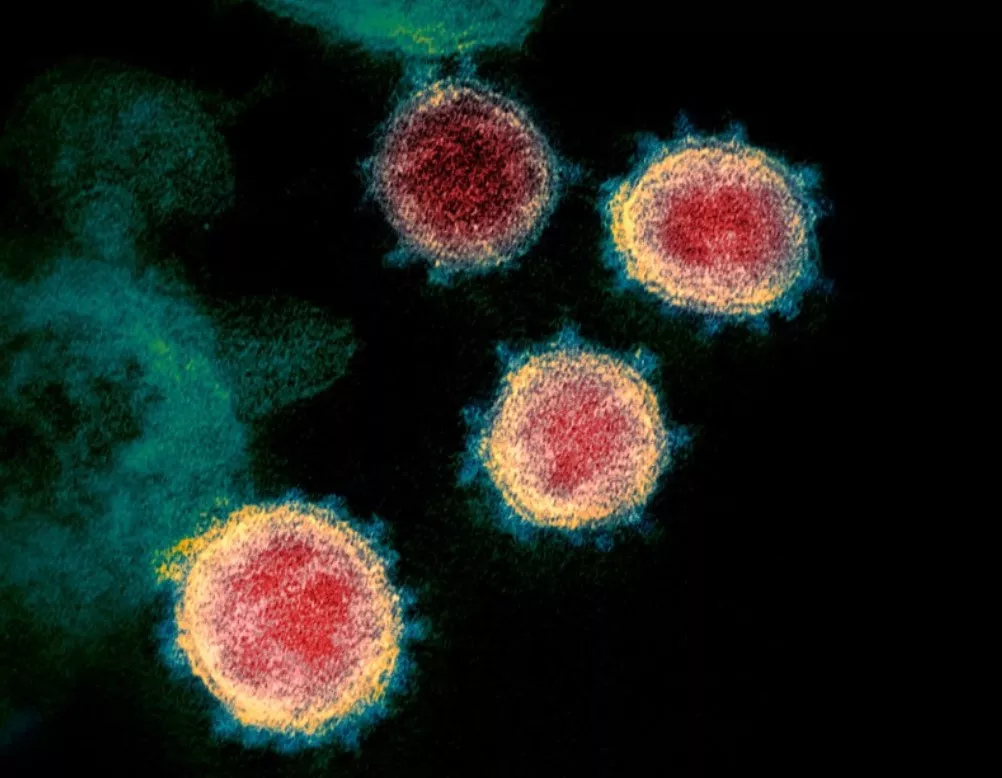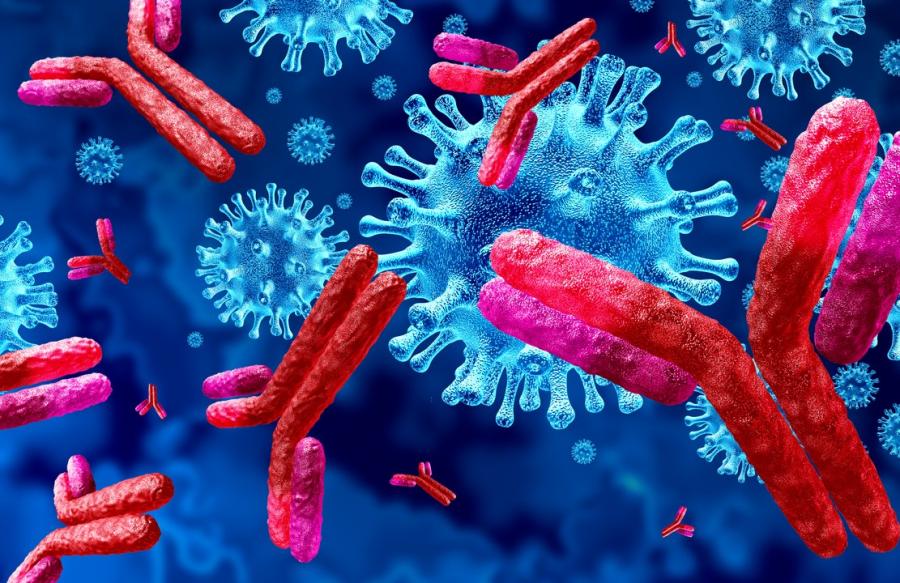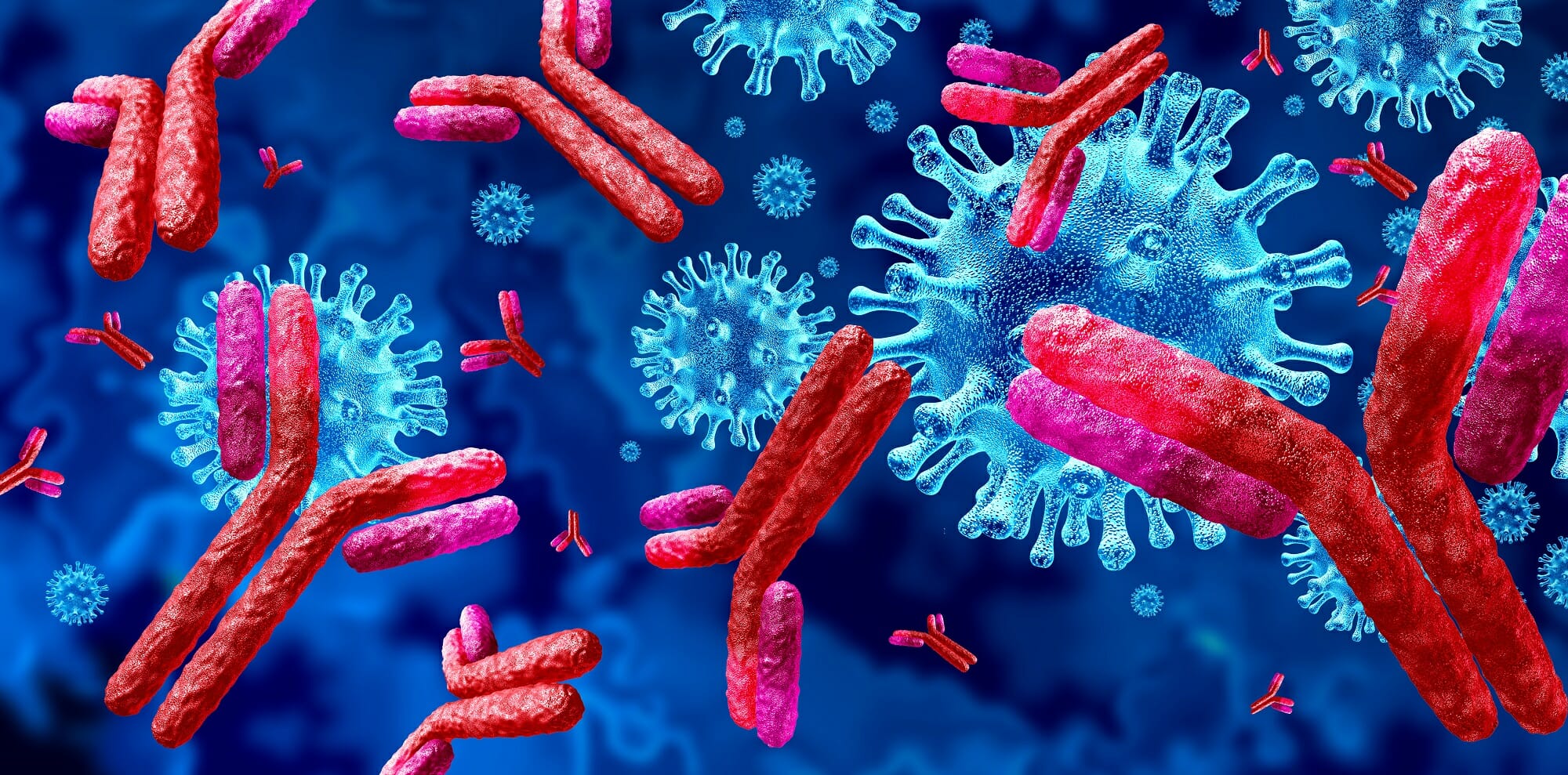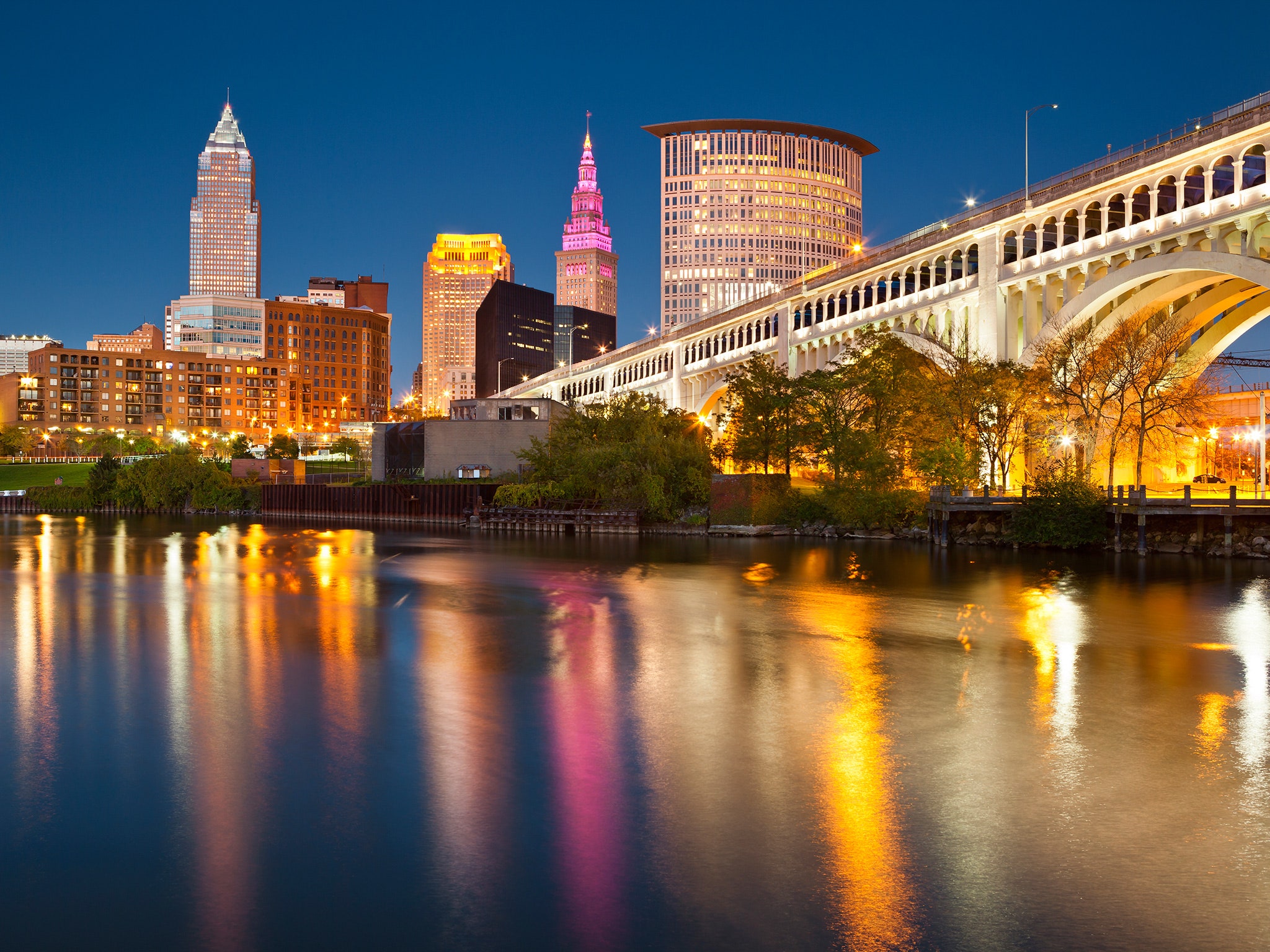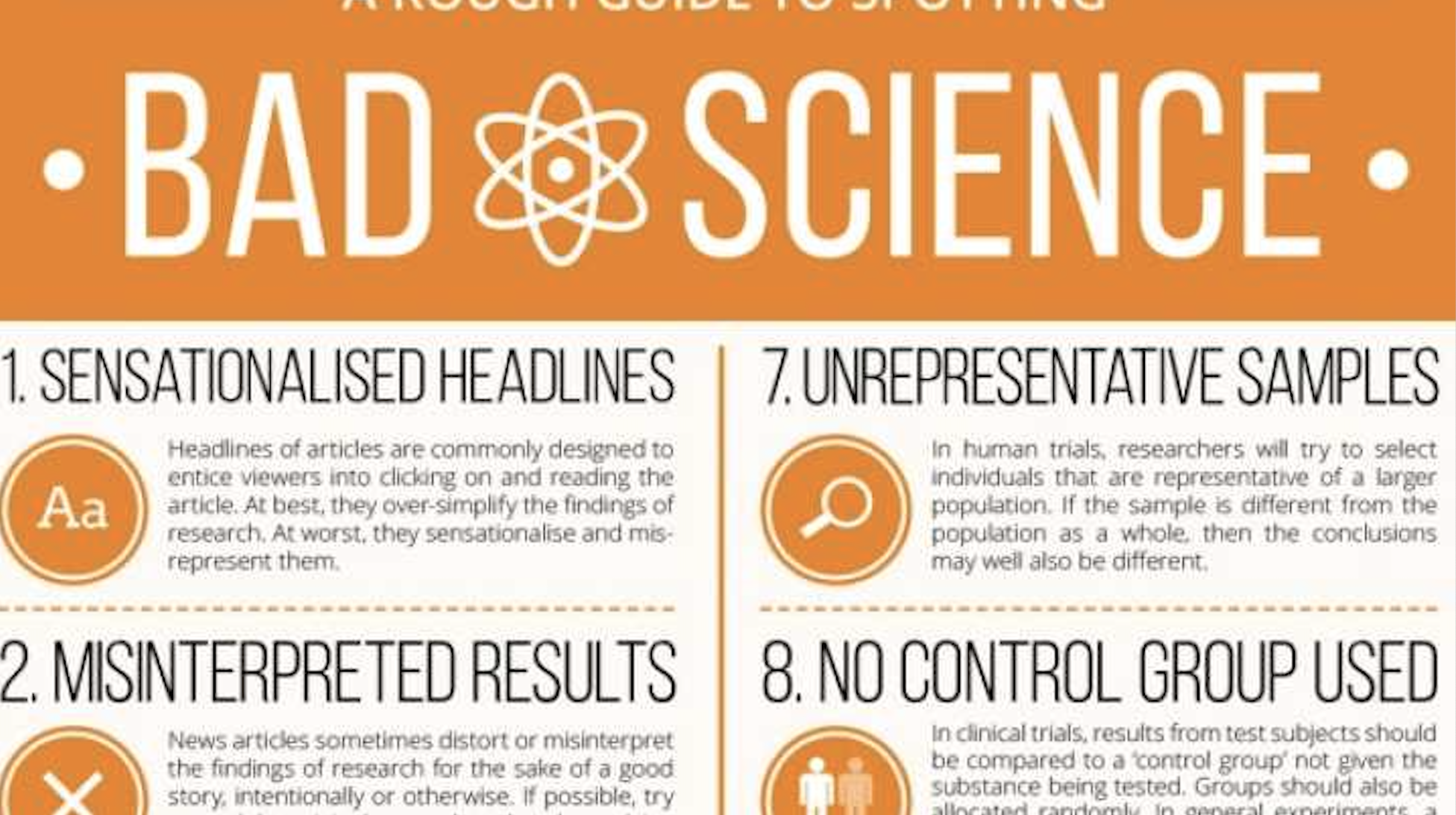by Mike Hearn A recent paper in the Lancet claims that one in five people might not get immunity from being infected with COVID. The study is invalid. Although these sorts of problems have been seen before, this is a good opportunity to quickly recall why COVID science is in such dire straits. The research has a straightforward goal: follow a population of Danish people who tested positive in Denmark's first wave, and re-test them during the second wave to see if they became infected a second time. Denmark has a large free PCR testing programme so there is plenty of data to analyse. Out of 11,068 who tested positive in the first wave, 72 also tested positive during the second wave. This fact is used to advocate for vaccination of people who've already had COVID. The obvious problem with this strategy is that false positives can cause apparent reinfection even when no such thing has happened. The paper doesn't mention this possibility until page 7, where the entire topic is dismissed in a single sentence: "Some misclassifications by PCR tests might have occurred; however, the test used is believed to be highly accurate, with a sensitivity of 97·1% and specificity of 99·98%." My curiosity was piqued by this figure because, as I've written about previously, at least as of ...
